The New York Times commented on August 28 that Wagner has fallen into even greater turmoil since the plane crash that killed the company's owner, Yevgeny Prigozhin.
It is unlikely that Russia would want to squander the trained fighting force and business interests that Mr Prigozhin has cultivated since founding Wagner in 2014. The company operates in at least 10 countries.
However, finding a way to neutralize an armed organization that once posed one of the greatest threats to the Kremlin while maintaining its fighting power and global connections is a difficult task.
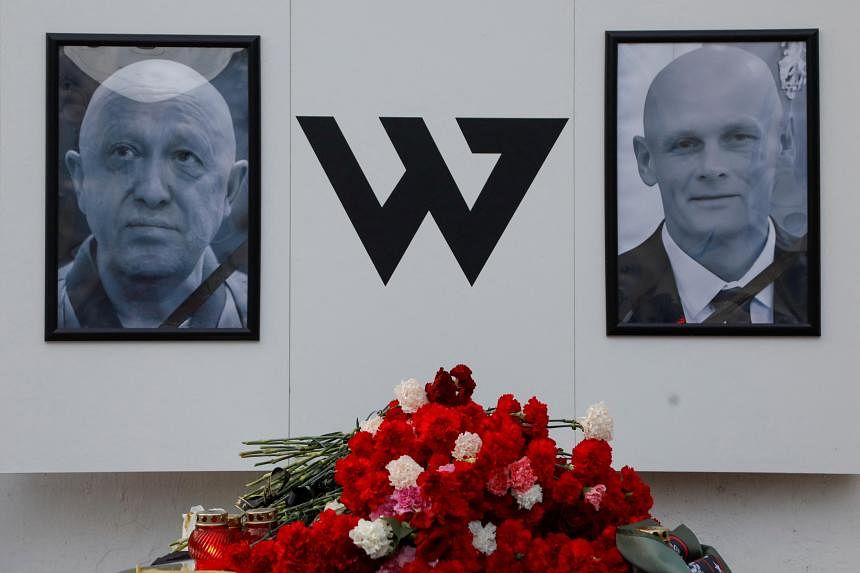
Portraits of Yevgeny Prigozhin (left) and commander Dmitry Utkin at a memorial site in Nizhny Novgorod, Russia, August 27. Photo: Reuters
Alexander Borodai, a Russian lawmaker, said in a telephone interview that Wagner members will continue to fight and have joined volunteer formations as well as official units of the Russian armed forces.
Meanwhile, President Vladimir Putin’s next plans for Wagner remain unclear. At a Kremlin meeting after the uprising in late June, Putin told Wagner commanders they could continue to serve together under “a different leadership.”
In a later interview, Mr Putin also said Wagner "does not exist because Russian law does not allow private military companies to operate".
Kremlin spokesman Dmitry Peskov made similar comments, seemingly intended to signal that Wagner currently has no future in Russia.
Catrina Doxsee, a fellow at the Center for Strategic and International Studies, predicts that the model that Mr. Prigozhin developed — using a shadow organization to advance international and business interests — will continue in some form in Russia.
Mr Putin is also likely to ensure that any further activity by similar organisations will avoid the kind of hostility to Russia’s military leadership that Mr Prigozhin has fostered.
Source




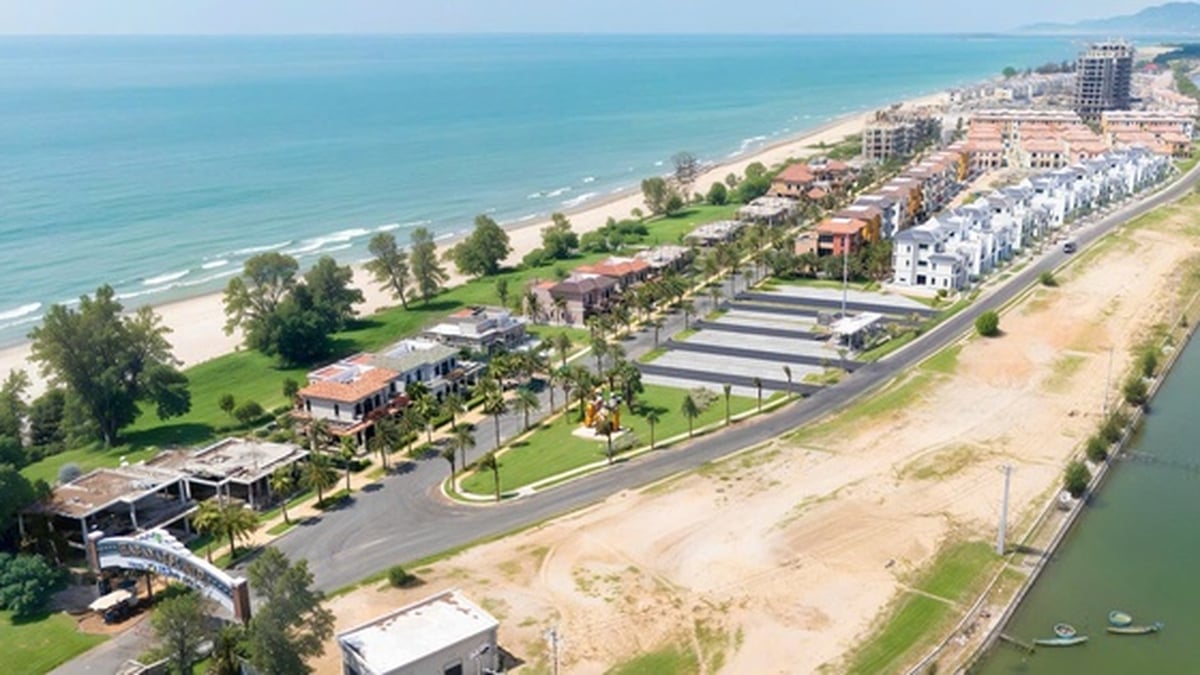


























































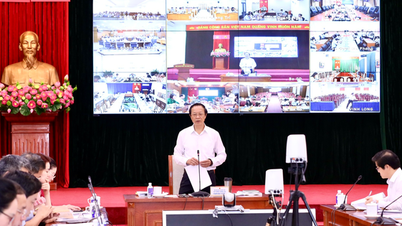
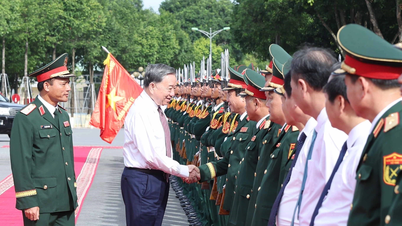


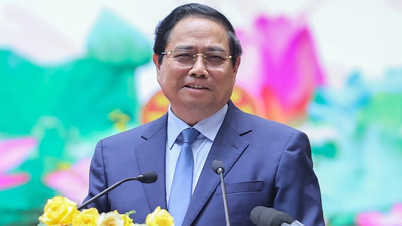

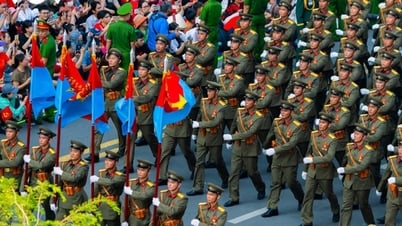




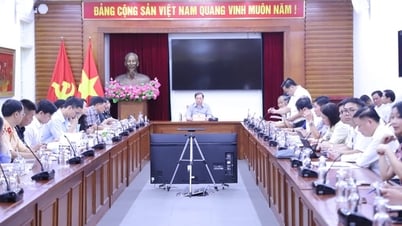























Comment (0)